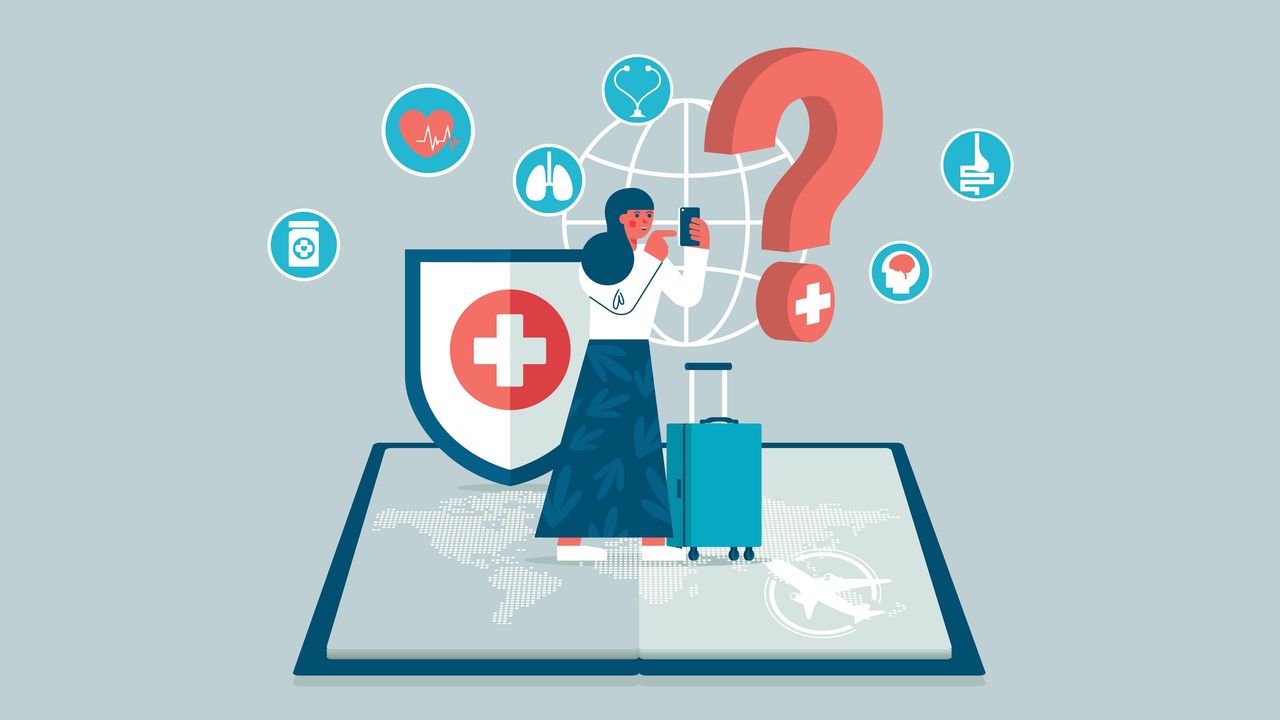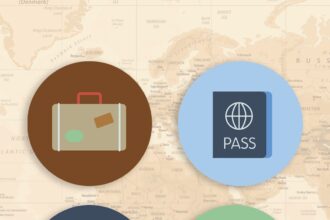How to Travel Internationally with Prescription Medications
Traveling internationally can be an exhilarating adventure, but it can also pose challenges, especially when it comes to managing health needs. For those who rely on prescription medications, knowing how to travel with them safely and legally is crucial. In this blog post, we’ll explore the steps you should take to ensure a worry-free journey, so you can focus on enjoying your trip.
Understanding Regulations and Restrictions
Check Destination Regulations
Different countries have various laws regarding the importation of medications. Before you set off, it’s essential to research the regulations pertaining to your prescription medications in your destination country. Some countries may restrict certain drugs, or require you to have documentation proving their necessity.
Consult the Embassy or Consulate
When in doubt, consult the embassy or consulate of the country you are visiting. They can provide valuable information about entry requirements for medications and any restrictions that might apply. This can save you from potential legal issues at customs upon arrival.
Know the Drug Classifications
Many medications fall into specific categories or classifications, such as controlled substances. Each country has its own classification system, and what is legally prescribed in one country may be illegal in another. Understanding these classifications is key to smooth travels.
Preparation Before You Leave
Obtain a Doctor’s Note
A letter from your healthcare provider describing your medical condition and the medications you take can be invaluable when traveling. This letter should include:
- Your name and the name of the healthcare provider
- The medical condition for which the medication is prescribed
- The names and dosages of the medications
- Instructions for use
This document serves as proof of your need for the medication, especially if you carry controlled substances.
Purchase Sufficient Medications
When traveling abroad, it’s prudent to have enough medication to last the duration of your trip, plus a few extra days in case of delays. Speak with your doctor about getting a prescription refill before you leave if you anticipate running low.
Keep Medications in Original Packaging
Always keep your medications in their original prescription packaging. This includes the pharmacy labels, which not only identify the medication but also include your name and dosage instructions. Having this documentation can help in case you need to explain your medications at customs.
Packing Wisely
Bring a Travel-Friendly Supply
Pack a carry-on bag with enough medication for the entire flight and any potential travel delays. This is crucial as checked baggage can sometimes get lost. Consider using a pill organizer for easy access, but differentiate between your medication and over-the-counter drugs.
Use a Medication Travel Case
Invest in a good medication travel case that features separate compartments for different medications and perhaps an insulated section if any of your medications require temperature control. Having a designated space for your meds can help keep everything organized and prevent accidental mix-ups.
Navigating Airports and Customs
Declare Your Medications
When traveling internationally, it’s often necessary to declare your medications at customs. Have your doctor’s note readily accessible, as well as the original packaging from your pharmacy. This can help avoid any confusion that could arise during security checks.
Be Mindful of Carry-On Regulations
Each airline and country may have different regulations regarding the carry-on of medications. While most countries allow you to carry prescription drugs onto the plane (especially when accompanied by a doctor’s note), it’s always wise to check specific airline policies and the TSA guidelines to avoid any surprises at the gate.
Use a Security Screening Strategy
When going through security, be prepared to take your medications out of your bag for inspection, just as you would with your electronics. This can streamline the screening process and prevent any potential misunderstandings.
During the Trip
Store Medications Properly
Once you arrive at your destination, make sure to store your medications correctly. If medicines require refrigeration, ensure you have access to a refrigerator. If not, protect them from extreme temperatures; consider packing them in an insulated bag.
Keep a Detailed Schedule
When adjusting to a new time zone, it’s easy to forget dosages. Keeping a medication schedule can help you stay on track and ensure you’re taking the right dosage at the correct times. Use smartphone apps or a simple notebook to note your schedule.
Research Local Pharmacies
Familiarize yourself with local pharmacies in your destination. This can be particularly useful in case you misplace your medications or need a refill. Know how to contact them, what your medication is called in the local language, and whether you need a prescription for refills.
Conclusion
Traveling internationally with prescription medications doesn’t have to be overwhelming. By understanding regulations, preparing adequately, packing wisely, navigating customs strategically, and staying organized, you can ensure that your medications are managed seamlessly throughout your trip. Remember to stay informed and proactive, and you’ll be well on your way to enjoying your travels without health concerns holding you back. So, pack your bags, secure your medications, and go explore the world with peace of mind! Safe travels!





